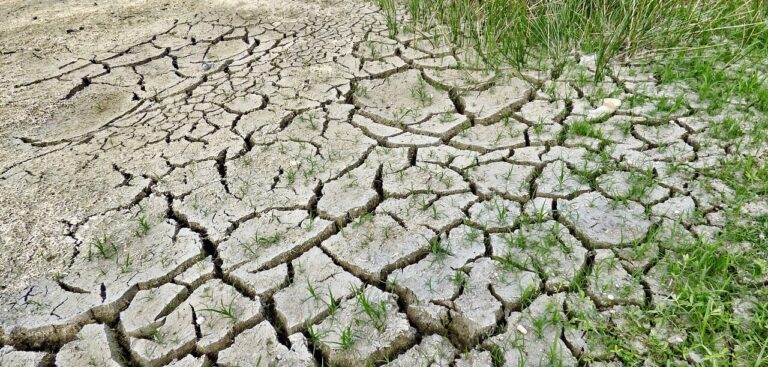Researchers from the University of Nebraska Medical Center have found a potential link between drought conditions and mental health in the USA, particularly severe drought and an increase in suicide rates.
According to the report, the health impacts of drought are less understood than other types of natural disasters, such as hurricanes, tornadoes or earthquakes, as they tend to be less immediate in nature. Most of the research conducted on drought to date has been related to physical health impacts, such as the increased incidence of strokes in the hot, dry weather.
“We don’t have studies on drought and suicide in the US,” said Azar Abadi, a researcher in climate epidemiology at the University of Nebraska Medical Center. “Mental health is one of the hidden health outcomes of climate change.”
To better understand whether there is an association between drought and suicide risk, Abadi and her colleagues examined data on suicide rates from the National Center for Health Statistics, a unit of the Center for Disease Control, and compared these to the Evaporative Demand Drought Index and the US Drought Monitor categories from 2000-2018.
They found a positive association between drought and suicide. The association was higher for firearm suicide compared to non-firearm suicides. For both types of suicides, the association was higher in the middle and severe stages of the drought compared to the beginning and the later stages of the drought.
“This is the most vulnerable window for firearm suicide, when drought is worsening,” Abadi said. Longer-term droughts also had a higher association with suicide rates than shorter droughts.
Demographic differences
Abadi’s team also found some differences in the way that different demographics were affected by suicide during droughts. Suicides among aging people and people under 20 years of age had the highest positive association with drought. Abadi found people who identified as neither black nor white, including Latin and Asian people, had stronger associations between suicide and drought, while white and black people had lower associations.
The relative risk was also higher in females than males. “Men are often expected to commit more firearm suicide, but women are more at-risk during drought, according to this study,” Abadi said.
Finally, people living outside urban areas had stronger positive associations between drought and suicide than those who lived in metropolitan counties.
“Guns are more accessible and more available outside cities,” particularly in rural and farming communities, Abadi said.
Abadi hopes that this study can help suicide prevention organizations to focus their efforts during drought. Putting more resources into non-urban areas or focusing more on aging populations might be ways to mitigate the amount of these kinds of deaths.
The findings of the new research are being presented at AGU’s Fall Meeting on December 13, 2022, in Chicago, Illinois.



